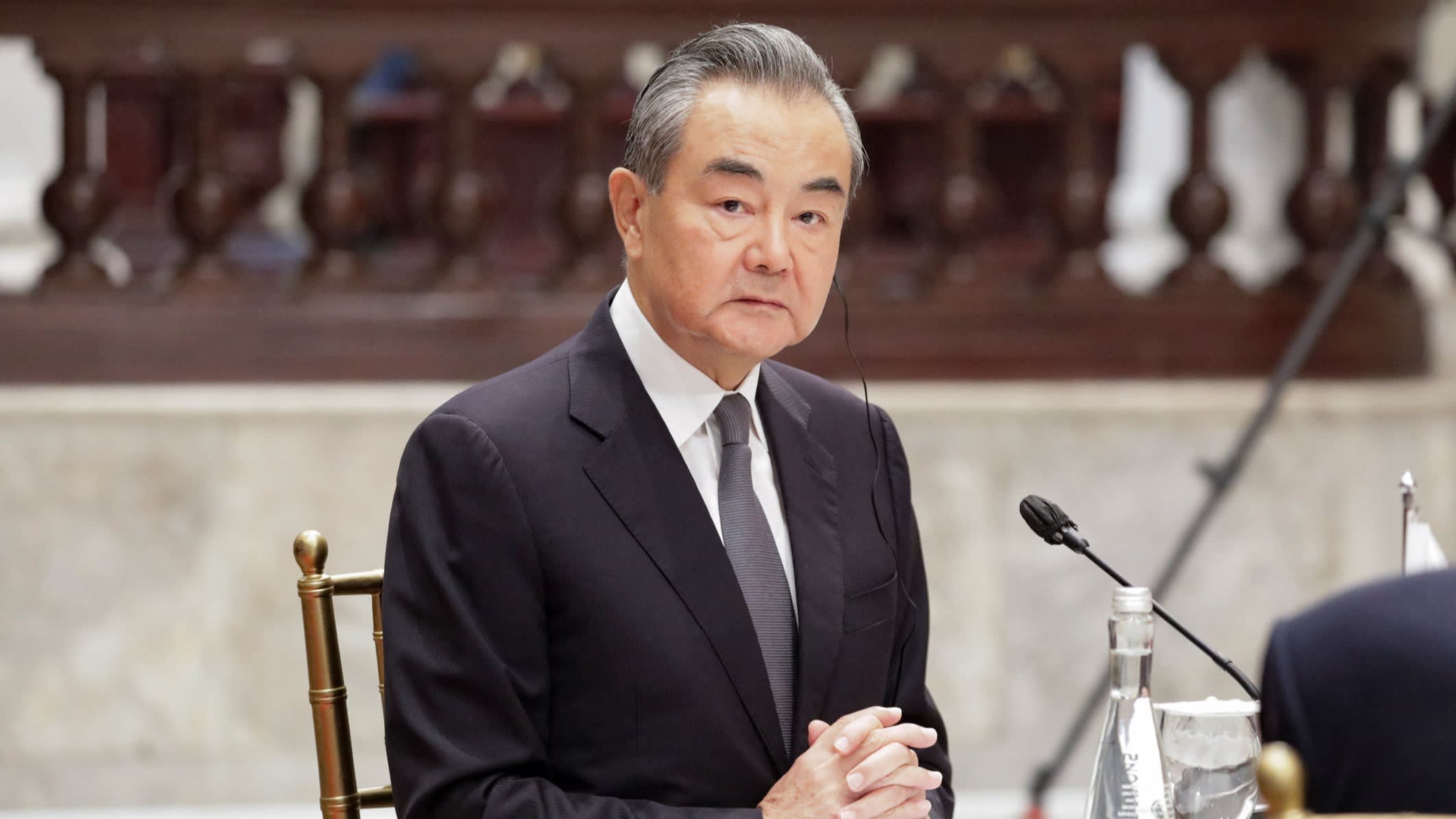
Receive free Chinese politics & policy updates
We’ll send you a myFT Daily Digest email rounding up the latest Chinese politics & policy news every morning.
China has announced the replacement of foreign minister Qin Gang, one month after the former high-flying favourite of President Xi Jinping disappeared from public view.
China’s state news agency Xinhua said on Tuesday the country’s rubber-stamp parliament, the National People’s Congress, had removed Qin and replaced him with the country’s most senior diplomat Wang Yi, his predecessor as minister. The terse statement did not give further details.
Qin had a meteoric rise from his appointment as Chinese ambassador to the US in 2021 to foreign minister and a member of China’s cabinet, the State Council, in March.
But he abruptly disappeared from public view on June 25 as he was preparing to attend a meeting of south-east Asian nations. The government gave little explanation for his absence except that it was for “health reasons”.
Qin’s sudden disappearance and the lack of further explanation from Beijing came as the government was trying to restore dialogue with Washington and conduct a charm offensive with European nations after several years of increasingly tense relations.
Wang, 69, is also a member of the Chinese Communist party’s elite 24-member politburo, and served as foreign minister for 10 years from 2013.
Qin’s shock departure has also highlighted a risk for Xi just after he embarked on a precedent-breaking third five-year term as leader. Most of the top leadership are close allies of the powerful leader, meaning there is less space for shifting blame in the case of failed policies or personnel decisions.
“You need to see these situations as opportunities for others to put pressure on Xi Jinping,” said Alex Payette, chief executive of Cercius Group, a consultancy that specialises in elite Chinese politics. “So this is a double loss. It is someone that you selected, and you come under pressure — that is bad.”


